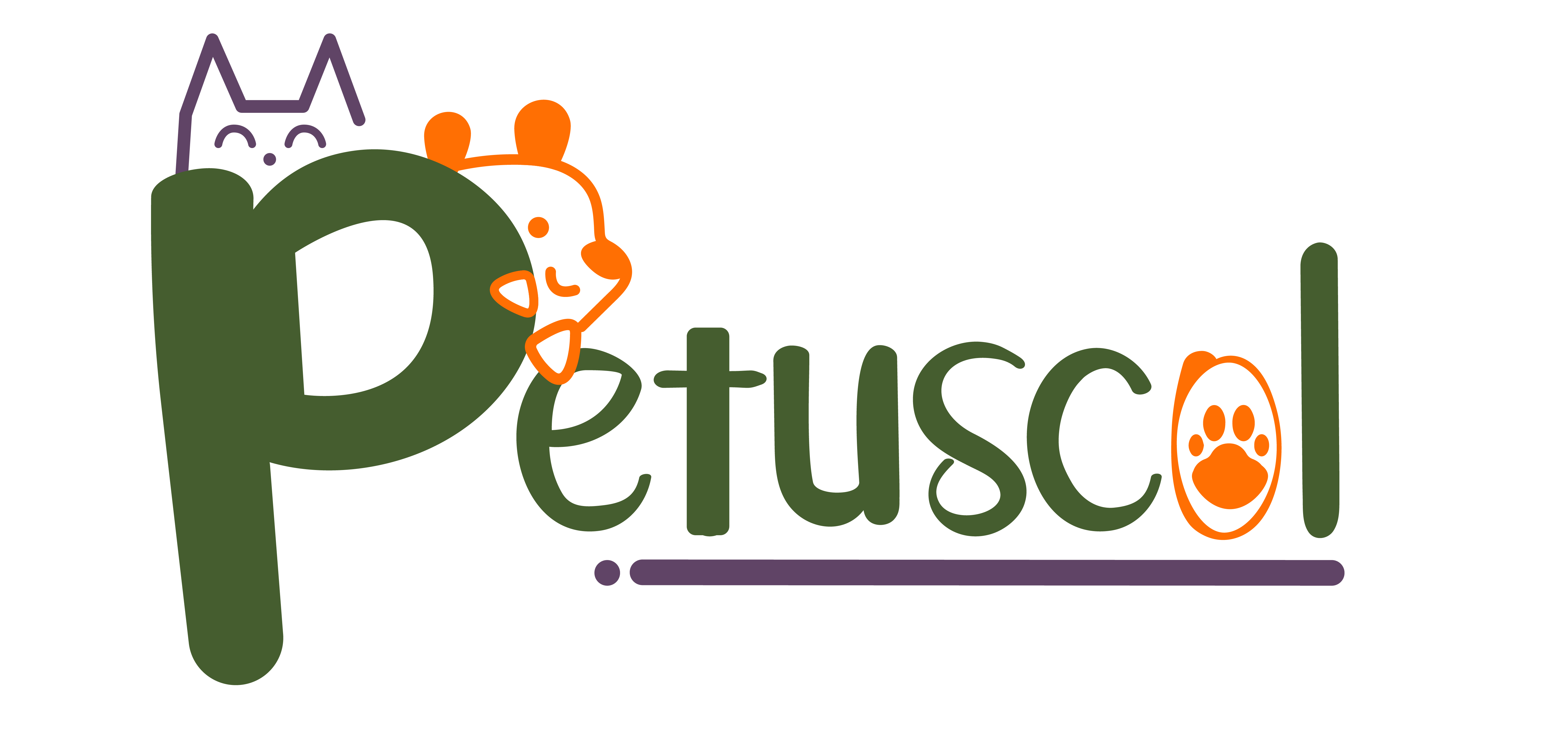As pet owners, we always want the best for our furry companions, and one of the most important aspects of their well-being is their diet. If your pet shows certain signs, it might indicate that their current food isn’t meeting their needs. Here are 5 signs that suggest your pet may need a change in diet:
- Weight Fluctuations: Overweight or Underweight
Weight changes can be a clear indication that something is off with your pet’s diet.
Overweight: If your pet is gaining weight and becoming more sluggish, it may be eating too many calories, unhealthy fats, or high-carb fillers, which are common in processed pet foods. Obesity can lead to serious conditions like diabetes, joint problems, and heart disease.
Underweight: On the other hand, if your pet is losing weight or appearing lethargic, they may not be getting enough nutrients, protein, or calories. An underweight pet may lack the energy needed for everyday activities or may be showing signs of muscle loss.
- Changes in Coat and Skin Health
Your pet’s skin and coat can tell you a lot about their diet. A shiny, healthy coat and smooth skin are signs of good nutrition, while dullness, dryness, or excessive shedding can indicate a deficiency.
Dry, Flaky Skin: If your pet’s skin becomes dry, flaky, or develops rashes, it could be a sign that their diet lacks essential omega-3 and omega-6 fatty acids, which are crucial for skin health. A lack of healthy fats can result in itchy skin and a dull coat.
Dull or Brittle Coat: A poor-quality diet can lead to hair loss, dullness, and thinning fur. Nutrient deficiencies, particularly biotin, vitamin E, and essential fatty acids, can significantly affect your pet’s coat.
Excessive Shedding or Itching: If your pet is scratching or shedding excessively, it could be an allergic reaction to certain ingredients like chicken, beef, or grains, or it may be due to poor-quality fillers and preservatives in their food.
- Digestive Issues: Vomiting, Diarrhea, or Constipation
Digestive health is directly impacted by your pet’s diet. If your pet is having trouble with digestion, it’s time to evaluate their food.
Frequent Vomiting or Diarrhea: Regular digestive upset, such as vomiting or diarrhea, might mean your pet’s food isn’t agreeing with them. Some ingredients, like low-quality fillers, artificial preservatives, or chemical additives, can irritate the gastrointestinal tract, leading to inflammation and digestive problems.
Constipation: If your pet is straining to pass stool or seems to be uncomfortable while defecating, it could indicate a lack of sufficient fiber in their diet. Healthy sources of fiber, like pumpkin, sweet potatoes, or vegetables, are important for regulating digestion and preventing constipation.
- Lack of Energy or Lethargy
Changes in energy levels can be an early sign that your pet’s diet is lacking in essential nutrients or isn’t properly balanced.
Low Energy: If your pet is lethargic, sleeping more than usual, or showing disinterest in play or exercise, they might not be getting enough quality protein, healthy fats, or vitamins to support their energy levels. A lack of protein or poor-quality ingredients may lead to overall fatigue.
Loss of Muscle Mass: Active pets require sufficient protein for muscle maintenance. A diet that lacks high-quality protein sources can cause muscle loss and overall weakness, leading to a decrease in stamina and vitality.
- Behavioral Changes: Aggression, Anxiety, or Hyperactivity
Believe it or not, your pet’s diet can influence their mood and behavior. Certain ingredients can affect your pet’s nervous system, leading to undesirable behavioral changes.
Food Sensitivities: If your pet suddenly becomes more anxious, hyperactive, or aggressive, it might be a reaction to certain ingredients, like food additives, preservatives, or artificial colors. Some pets are sensitive to certain proteins or grains, which can affect their temperament.
Imbalance in Nutrients: An improper balance of nutrients like B vitamins, amino acids, or omega-3 fatty acids can contribute to mood swings, irritability, or even hyperactivity. For instance, diets high in sugar or carbohydrates can cause rapid fluctuations in energy, leading to increased hyperactivity or anxiety.
What to Do If You Notice These Signs
If you notice any of these signs, it’s time to reassess your pet’s diet. Here’s what you can do:
Consult Your Veterinarian: Before making any significant changes, it’s a good idea to consult with your veterinarian. They can help identify if there’s an underlying health issue and recommend the right diet tailored to your pet’s specific needs.
Switch to High-Quality Food: Consider switching to a high-quality commercial pet food with fewer fillers, artificial additives, and more natural, whole ingredients. Look for foods that use real meat as the first ingredient, as well as vegetables, fruits, and healthy fats.
Homemade or Raw Diets: For some pets, a fresh, homemade diet or raw food (BARF diet) might be the best option. These diets can be customized to meet your pet’s unique needs, but it’s important to consult a pet nutritionist or vet to ensure a balanced meal plan.
Gradual Transition: When switching your pet’s diet, always do so gradually over the course of 7–10 days to avoid gastrointestinal upset. Start by mixing small amounts of the new food with their old food and gradually increase the proportion.
Conclusion
Your pet’s diet plays a crucial role in their health and well-being. If you notice any of the above signs, such as weight fluctuations, poor coat condition, digestive problems, lack of energy, or behavioral changes, it may be time to rethink their diet. Switching to higher-quality food or a more appropriate diet for their individual needs can help improve their overall health and happiness.
A healthy diet will not only improve your pet’s physical condition but can also have a positive impact on their mood, energy levels, and longevity.
Keywords: pet diet, pet nutrition, signs your pet needs a diet change, pet coat health, pet digestive issues, food allergies in pets, healthy pet food, behavior and pet diet, weight fluctuations in pets, pet health.
